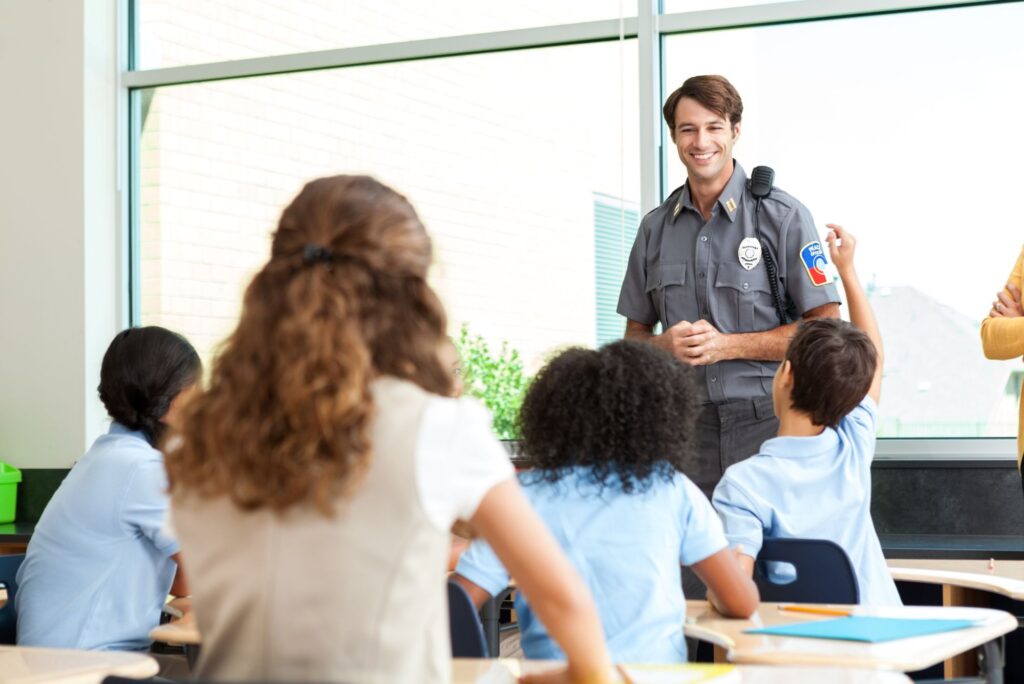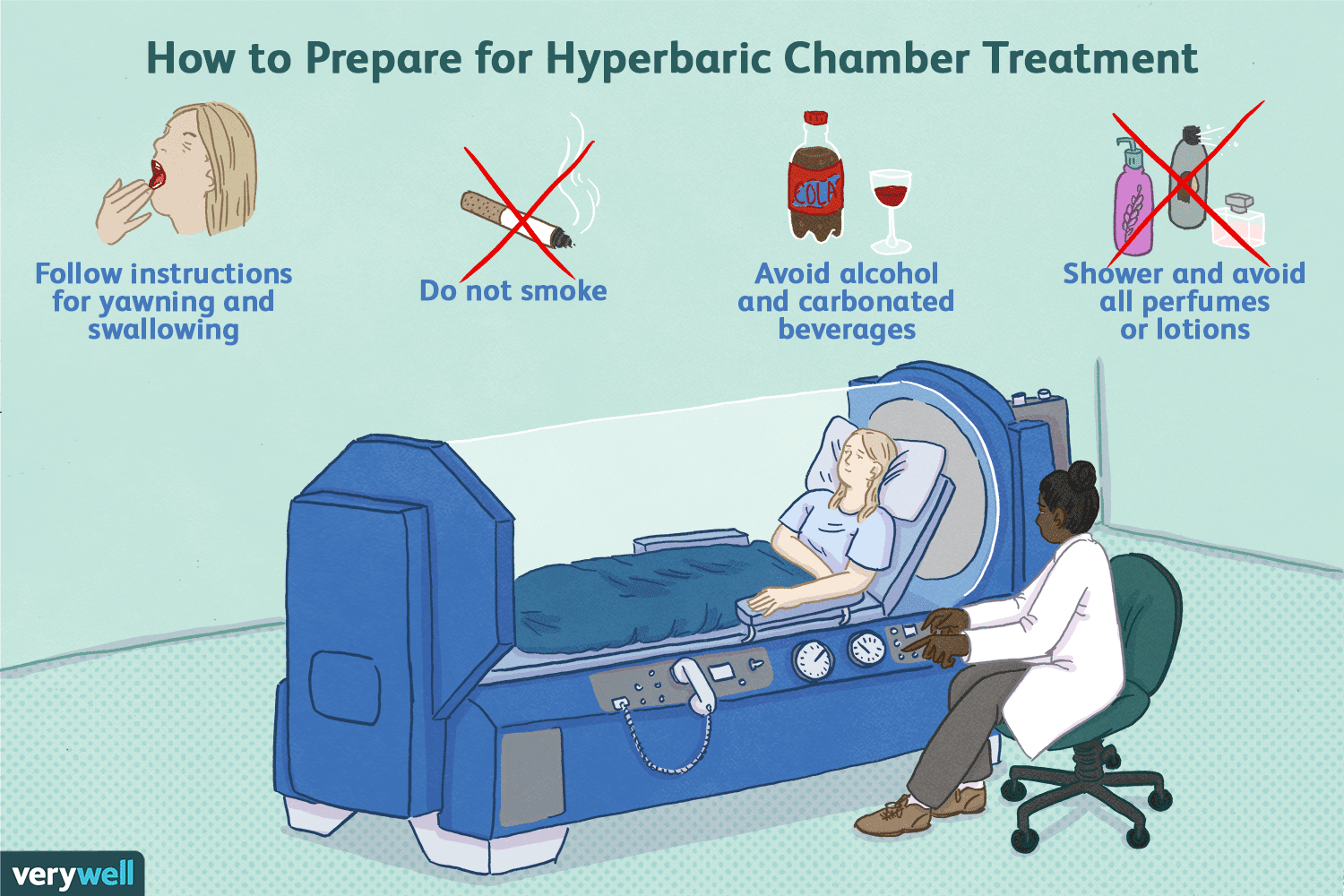Introduction – Safety as the Foundation of Learning
In today’s ever-evolving educational environment, safety is no longer a passive consideration—it is a foundational requirement. As schools and universities become more accessible and diverse, the role of security guards has shifted from traditional oversight to active engagement and prevention. Security professionals are now a crucial part of educational institutions, protecting students, staff, and property while fostering a safe learning environment.
The modern security guard is not just a watchful presence—they’re trained in de-escalation, emergency response, and community engagement. With rising concerns over bullying, violence, and unauthorized access, their presence provides both a physical and psychological layer of safety.
Preventing Unauthorized Access and Trespassing
Monitoring Entry and Exit Points
Controlling who comes in and out of an educational facility is one of the most fundamental duties of school security personnel. Guards are stationed at key access points to monitor entrances, especially during peak hours such as morning arrivals and afternoon dismissals. This vigilance reduces the risk of intruders entering the premises.
ID Checks and Visitor Management
Educational institutions often have hundreds or thousands of people on campus daily. Security guards play a vital role in ensuring all visitors are properly documented, issued visitor badges, and escorted when necessary. This structured entry system significantly enhances accountability and transparency.
For a detailed breakdown of services offered, see School Security Services.
Emergency Response and Crisis Management
First Responders to On-Campus Incidents
In emergencies like medical crises, fires, or active threats, guards are typically the first to respond. Their training allows them to quickly assess the situation, call for additional support, and take immediate protective measures to safeguard students and faculty.
Evacuation and Lockdown Protocol Support
Security professionals are well-versed in emergency protocols. During fire drills or lockdown situations, they guide students and staff, ensuring procedures are followed with minimal panic. Their calm demeanor and knowledge can be the difference between chaos and controlled safety.
Conflict De-escalation and Student Dispute Resolution
Handling Verbal or Physical Altercations
Conflicts among students are a common occurrence. Trained guards can step in to diffuse tensions before they escalate into violence. Their presence often deters altercations altogether, creating a more peaceful campus environment.
Working Alongside School Counselors and Staff
Security staff frequently collaborate with educators and counselors to address behavioral issues, offering support without escalating matters unnecessarily. This partnership helps in identifying students who may need additional emotional or psychological support.
Surveillance and Monitoring Duties
CCTV System Oversight
Modern institutions are equipped with surveillance systems, but they’re only effective with active monitoring. Security guards review live footage, ensuring any suspicious activity is quickly addressed. This proactive surveillance reduces theft, vandalism, and other misconduct.
Patrolling High-Risk Areas and Blind Spots
Even with cameras in place, physical patrols are critical. Security guards regularly walk through hallways, stairwells, and outdoor areas that may be prone to bullying or unauthorized activity, reinforcing their protective presence.
Bullying and Harassment Prevention
Identifying At-Risk Students or Behaviors
Guards are trained to observe body language, interactions, and behavioral patterns. They can often identify bullying or harassment before it becomes overt, intervening discreetly and effectively.
Acting as a Deterrent Through Presence and Engagement
Simply having a familiar, approachable authority figure on-site deters negative behavior. When students recognize and trust the guards on their campus, they are more likely to report incidents and less likely to engage in misconduct.
Supporting Teachers and Administrative Staff
Assisting with Large Crowds During Events
School events like assemblies, sports days, and graduations can draw large crowds. Guards help manage these gatherings, directing foot traffic, ensuring safety standards, and maintaining order without disrupting the event’s atmosphere.
Escorting Staff in Sensitive Situations
Whether it’s a parent-teacher dispute or a disciplinary issue, security personnel are available to escort staff safely and respectfully. Their support reassures educators and administrators alike.
Role in Mental Health Crisis Situations
Responding to Mental Health Emergencies
Mental health issues among students are on the rise. Security guards are often the first to witness warning signs, such as erratic behavior or isolation. With proper training, they can respond sensitively, avoiding escalation while protecting the student and others.
Collaborating with Mental Health Professionals
Security teams work in tandem with psychologists and counselors, offering observational insight and immediate assistance during interventions. This collaboration enhances the school’s overall mental health response system.
Enforcing School Policies and Codes of Conduct
Dress Code and Behavioral Monitoring
While teachers focus on education, security guards help enforce dress codes and behavior standards. Their involvement ensures consistency in school policy enforcement, which contributes to a well-disciplined environment.
Confiscating Prohibited Items
From vaping devices to weapons, guards are authorized to check bags or lockers when necessary. They work within legal and ethical boundaries to ensure the safety of the school community.
Fostering a Sense of Safety Among Students
Building Trust and Familiarity
One of the most overlooked roles of school security is relationship-building. When students see guards regularly, interact with them positively, and view them as protectors rather than enforcers, it nurtures trust.
Creating a Positive Security Presence
Guards who are approachable and respectful enhance the overall morale of the institution. Their visible presence reassures both students and parents that safety is a top priority.
Specialized Training for Educational Security Guards
Child Psychology and Adolescent Behavior Awareness
School security guards receive specialized training in dealing with children and teens. Understanding developmental stages helps them engage more effectively and respond appropriately to different situations.
Emergency Drills and Legal Compliance
Regular training in evacuation drills, lockdown protocols, and legal boundaries ensures guards are prepared for all scenarios. They are also educated on the specific laws that govern student rights and institutional liability.
Conclusion – Guardians of a Safe Learning Environment
Security guards are far more than uniformed personnel standing at school gates—they are integral to the wellbeing and safety of educational communities. Their roles blend vigilance, empathy, and professionalism, ensuring that schools remain sanctuaries of learning. From preventing threats to offering emotional support, they protect not only the physical space but also the spirit of the institution.
For a deeper look into how schools can enhance safety, visit Security Guard Services and review their specialized school security offerings.


